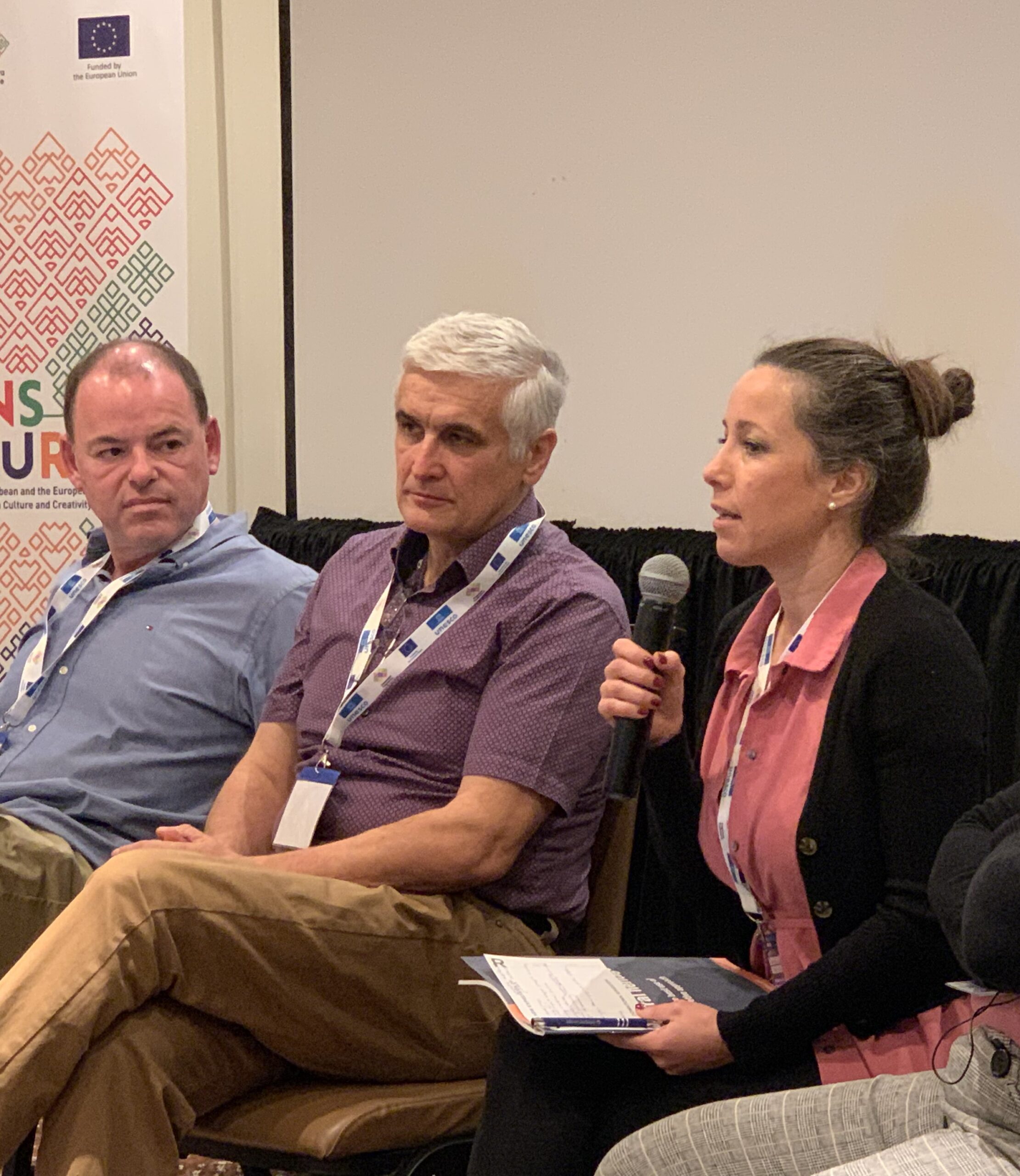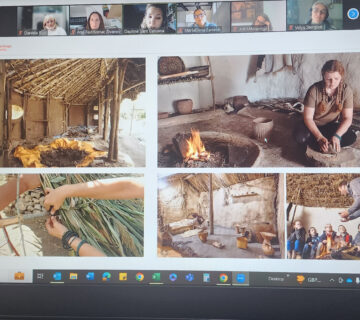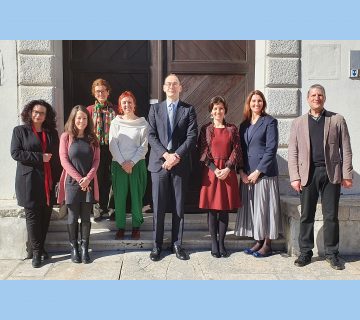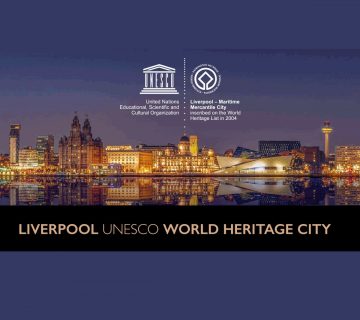Interpret Europe was invited to a UNESCO event in Jamaica and spoke about value-based interpretation.
The world mostly knows of the culture of Jamaica and other Caribbean islands through dance and music, which is of African origin and was alledgely the only form of expression during the period of slavery. Further development of culture in the Caribbean throughout the 20th century was linked to the spread of pan-African and Rastafarian movements, promoting pride, resistance, fight against racism, and equality. That was when black communities created an array of various music styles, with Reggae as the most known worldwide, which is now inscribed on the UNESCO list of intangible heritage.
However, not all heritage is well celebrated by Caribbean communities. Mills and sugar plantations have been associated with oppression, exploitation and inhumanity. Many of these sites have remained abandoned, while re-evaluation of one of the darkest periods of human history still remains challenging. Old plantation buildings are being bought by foreign investors and turned into luxury resorts where tourists spend holidays without exiting to experience the rest of the islands. The interpretation there largely twists the facts in order to please visitors and so slaves have been euphemistically renamed as ‘workers’ and slaves’ barracks are called ‘workers’ villages’. In addition, most of this income flows out of the country and so the colonisation has just changed form. What makes the situation worse, local people too refuse to face their slavery past. Are we Europeans ready to face our share in this? If yes, we need to refuse window dressing practices on these travel experiences and demand an honest exchange on the topic. The reconciliation process requires two sides.
In 2013, Europe was asked for reparations and there are now some funding programmes, such as Creative Caribbean and Transcultura, which aim to integrate Cuba, the Caribbean islands and the European Union through culture and creativity. The event, Mills and sugar: leveraging resilience through heritage management, sustainable tourism and creativity, held in mid-December in Kingston, Jamaica, was organised by the UNESCO Office for the Caribbean. Due to IE’s advocacy for heritage interpretation as an approach for making heritage meaningful to people and people mindful about our common future, IE was proposed by UNESCO Brussels Liaison Office as a suitable contributor.
UNESCO sites and public bodies from the wider Caribbean region, as well as several experts from Europe, were brought together to discuss how to empower communities through cultural and creative industries, tourism and, most importantly of all, how to bridge the intercultural gap and foster peaceful coexistence among nations that have been involved in the slave trade and exploitation in previous centuries.
IEs Managing Director, Helena Vičič, talked about experiences with heritage interpretation from Europe, focusing in particular on ways of talking about human values through heritage experiences and how to plan interpretation together with people. Also in Europe we have regions that are far from being reconciled. While heritage and culture has a power to unite people, we still need to explore and exchange good practices on how interpretation could deal with dark and painful heritage. The future needs to lead us towards pluralism, a celebration of diversity, cooperation and tolerance. This was emphasised by all participants at the event.
To cite this article: IE News Team (2022) ‘Mills and the sugar legacy in the Caribbean’ in Interpret Europe Newsletter 4-2022, pg.7
Available online: https://interpret-europe.net/wp-content/uploads/2022/12/Newsletter-2022_4-winter.pdf




